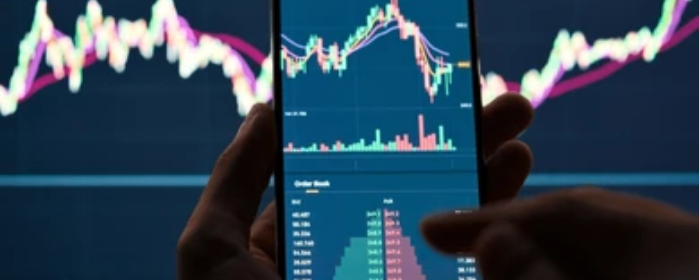HYPE rose from trading around US $55 thanks to the interest sparked by proposals to issue USDH, the stablecoin under development by Hyperliquid. The intense competition among issuers such as Paxos, Frax, and Agora-linked groups has fueled expectations of token buybacks, fee changes, and higher returns for holders.
Context behind the rally
The price increase is tied to several proposals for the issuance and management of USDH, currently being evaluated by the network’s validators. The vote, expected in mid-September, will determine who controls the reserves and the operational rules of the new stablecoin. The potential introduction of a native reference currency could reshape DEX liquidity needs and trading pairs on the platform, which explains much of the optimism reflected in HYPE’s price.
Key proposals
Paxos leads with a proposal to allocate up to 95% of USDH reserve yields to buy back HYPE, creating sustained demand for the token.
Frax and Agora-backed groups have presented alternatives with different approaches to issuance, governance, collateral management, and profit distribution.
Several proposals also suggest fee reductions, which could impact the profitability of market makers and liquidity providers.
All of these proposals share a common mechanism: turning reserves into HYPE buybacks, creating direct demand, though their effectiveness will depend on the clarity and investment strategy for those reserves.
Economic impact and governance risks
Market estimates suggest potential annual earnings of up to US $220 million if reserves perform well.
Fee reductions could affect profitability and available liquidity.
The governance system, based on 21 validators, raises concerns about centralization and potential collusion.
Community members and projects with stablecoins on the network have questioned the fairness of the process and the concentration of power.
These concerns highlight the need for technical and legal safeguards before approving systems that manage large amounts of funds. Balancing growth with decentralization will be crucial to building trust among institutional players and retail users.

Conclusion
The recent rise of HYPE reflects positive expectations around the launch of USDH, but its sustainability will depend on the validators’ vote and the protections established for reserve management. Monitoring formal proposals, audits, and governance rules will be essential to assess whether this high represents a structural shift or just a temporary reaction.

